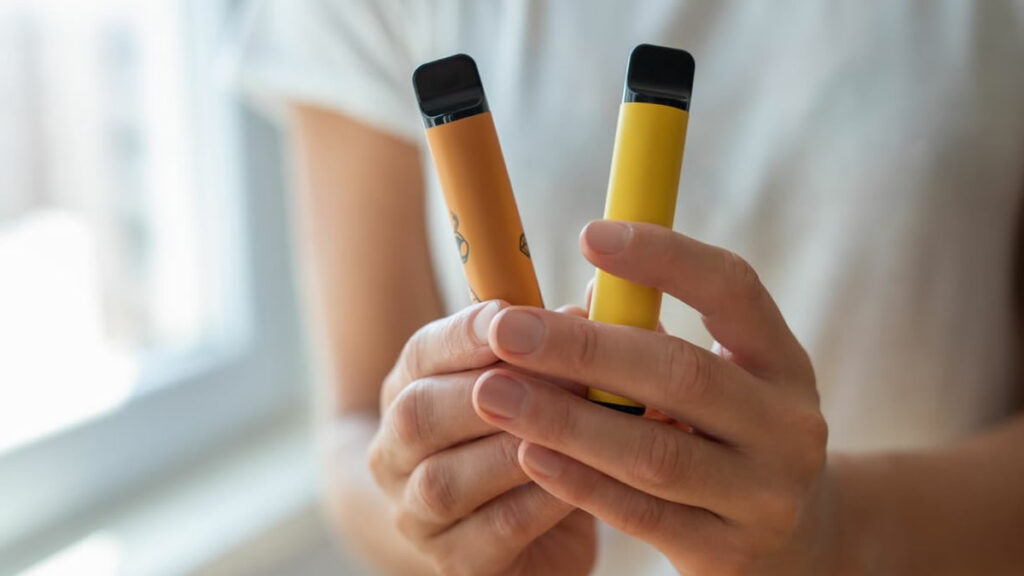A new study from the University of Michigan has shed light on the primary reasons teenagers engage in vaping, with relaxation, boredom, and experimentation emerging as key factors. The research, titled “Reasons for Vaping Among U.S. Adolescents” and published in Pediatrics, analyzed data from in-school surveys of U.S. students in eighth, tenth, and twelfth grades.
Megan Patrick, a researcher at the University of Michigan’s Institute for Social Research, emphasized the importance of understanding why adolescents vape to develop effective strategies for reducing and preventing nicotine use among teenagers. The study found that vaping has become the primary method of nicotine consumption for adolescents, with near-daily vaping reported by 1.7% of eighth graders, 4.2% of tenth graders, and 7.8% of twelfth graders.
Relaxation Tops the List of Reasons for Vaping
Across all grade levels and frequency groups, relaxation emerged as the most common reason cited for vaping. Nearly half of adolescents who vaped in the past year and over 70% of near-daily vapers reported using vaping as a means to relax. Boredom also consistently ranked among the top three reasons for vaping across frequency groups.
Among twelfth graders who reported near-daily vaping, one-third cited feeling good or the convenience of vaping compared to smoking cigarettes as their primary reasons. Surprisingly, less than 10% of this group indicated that vaping helped them quit smoking cigarettes, challenging the notion that nicotine vapes are primarily used as smoking cessation aids among teens.
Shifting Reasons for Vaping and Implications for Prevention
The study highlights a shift in the reasons adolescents vape compared to data from 2015, which listed relaxation as only the fifth most common reason. This change underscores the evolving nature of the vaping landscape and the need for ongoing research to understand the factors driving teen vaping behavior.
Given the significant role of stress relief in teen vaping, the authors argue that screening for stress and anxiety should be conducted alongside nicotine screenings to provide early intervention. Incorporating mental health support into prevention programs is crucial to address the diverse reasons behind teen vaping effectively.
Addiction and Weight Management Concerns
The study also revealed concerning findings related to addiction and weight management. Among near-daily vapers, 43% reported vaping because they feel hooked or have to have it, highlighting the high level of perceived nicotine addiction among this group.
Furthermore, nearly one in five near-daily vapers cited weight management as a reason for vaping. The authors call for additional research on this topic and emphasize the need for parents and healthcare professionals to be aware of this emerging trend.
As vaping behavior continues to evolve among young people, ongoing studies like Monitoring the Future will play a crucial role in tracking changes in the reasons and combinations of reasons that put adolescents at greater risk for addiction and other consequences.
- UK Announces Mandatory Vape Tax and Duty Stamps from 2027 - February 10, 2026
- Sri Lanka Travel 2026: Total Ban on Cigarettes & Vapes - February 5, 2026
- NY Tax Proposal: Hochul Targets ZYN with 75% Levy - January 29, 2026


